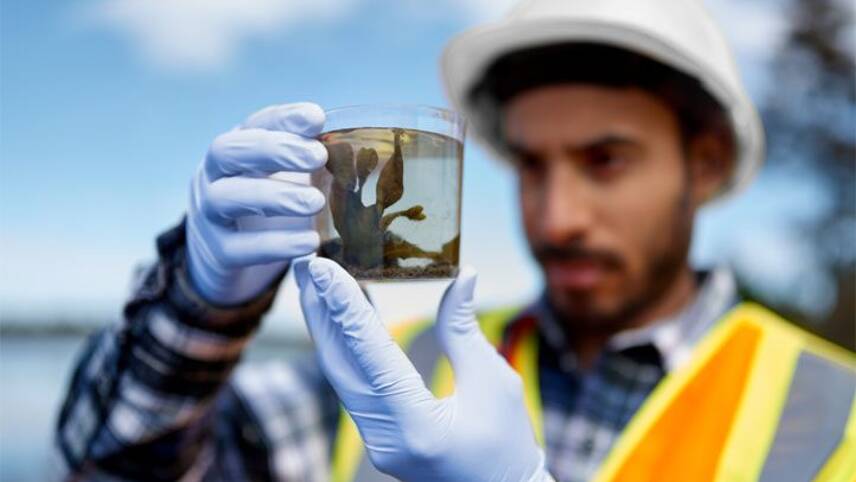Register for free and continue reading
Join our growing army of changemakers and get unlimited access to our premium content

The environmental sector is regarded as the UK's second-least diverse
After a 2018 NUS study found that almost 97% of professionals in the UK’s environmental space are white – compared to 80.5% of the national population – the new scheme, called ‘Race for Nature’s Recovery’, will help young people from underrepresented demographics into their first job in the space.
The initiative will support 118 people initially and will be funded through the Government’s Kickstart Scheme, which is open to those aged 16-24 who receive Universal Credit. Organisations taking part will specifically be accepting applications from Black, Asian and Minority Ethnic (BAME) students and professionals, in a bid to make the sector more diverse.
Some 35 charities and other organisations are supporting the scheme by offering six-month placements. They include environmental law firm ClientEarth; Global Action Plan; Friends of the Earth; RSPB; Wildlife and Countryside Link; The Climate Coalition and ZSL London.
Their efforts are being coordinated by a partnership comprising Action for Conservation, Generation Success, Voyage Youth and Students Organising for Sustainability UK (SOS-UK). The partnership is intending that at least half of the placements will turn into full-time, permanent roles. As well as direct roles in conservation, placements will cover roles in research, fundraising, marketing, social media management and administration.
SOS-UK president Larissa Kennedy said that the scheme “will be the first step towards a more inclusive, anti-racist environmental sector”.
She said: “The UK environmental sector’s failure to recognise climate justice and anti-racism as inextricably linked is, in part, reflective of the exclusion of Black and brown folks from these spaces. This initiative will help redress that. The number of organisations from across the UK ready to take tangible action has been phenomenal – it’s clear they’ve recognised the importance of bringing young people of colour’s voices from the margins to the centre of our movement and are committed to making a change.”
The RSPB’s senior policy officer Anna Langridge added “[This scheme] gives us a great opportunity to be proactively involved in diversifying our organisation and reaching out to a younger generation. Like many other organisations, we are actively engaging with how we can reflect the societies we live within, ensuring we build on our engagement and relationships. Our voice and nature’s survival needs diversity, equality and inclusion to truly work. This scheme and our partnership is a step in the right direction.”
Covid-19 and the environment sector
Environmental charities and organisations have repeatedly called for more Government support over the past 12 months, to help contribute to the UK’s economic recovery from Covid-19 and to the delivery of its long-term targets on protecting habitats and reaching net-zero emissions.
The Government, after putting forward an initial multi-million-pound support package for the sector during the first lockdown, has launched a Green Recovery Challenge Fund – funding allocated, on a competitive basis, to organisations in this space delivering ‘shovel-ready’ projects that create new jobs.
But MPs heard late last year that the Fund has been massively oversubscribed, with pressure mounting on Ministers to develop a longer-term and broader follow-up at the 2021 Budget next month.
edie recently published a two-part feature on the changing role of businesses and their sustainability professionals in the wake of Covid-19 and the run-up to COP26, highlighting the need for intersectionality and inclusion. You can read that feature in full here.
Sarah George


Please login or Register to leave a comment.